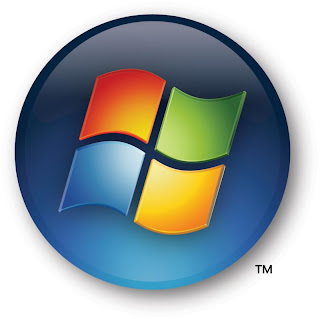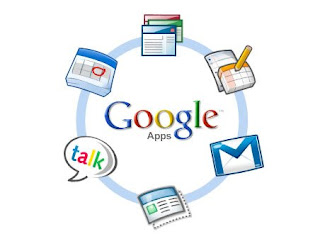
Well were finally here. We've made it to the end of the semester and with that said, I would like to talk briefly about this semester in this class. As a transfer student to EMU, this will be the end of my first full semester here and it has been a good one, a busy semester but none the less, it's been fun.
This is the first class where I have ever had to use blogging and was the first time I've ever written a blog just in general. Some weeks have been more fun than others and some topics have just been plain boring, but I have had some fun in writting some of these blogs. Even researching a bit and writting my own as long as reading all of your blogs, I have learned alot in this area of study with computer systems. Not just blogging, but the class too has opened my eyes to what we have around us in this world. There is so much technology now and to know how quickly we are growing in this area is astounding. To know that just 100 years ago or so, there really wasn't any of this. The lifestyles from then to now have changed drastically and keeps changing as we move forward in our lives. Now, yes, I'll admit some classes have not always been the most exciting but they really do teach you alot and even if you don't think you've learned anything, think back to the beginning of the semester and ask yourselves if you knew everything you know now, back then. There's probably at least 1 thing you have taken out of this class if not anything. Our class discussions were actually pretty fun and when we really got into them and talked about some controversial topics, it just made for more excitement.
I thought coming into this class that it was just a general computers type class and wasn't sure how much fun it would be or what I would honestly learn. Now, here at the end of the semester, I understand what this class is all about and how information systems have affected our lives so much and are continually doing so each and every day. It has been fun and I'm glad I was in this class. Goodluck on the final.







